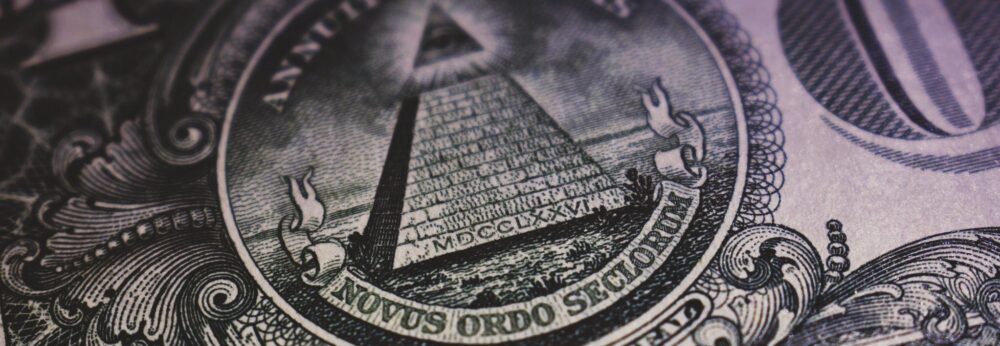Elsewhere in occupied Palestine, Israel’s financial machinations have been more insidious, but almost as equally destructive. As part of its occupation — and in complete violation of the Oslo Accords — Israel has arbitrarily expropriated Palestinian tax revenues. Foreign Minister Varsen Aghabekian Shahin, who I was able to speak with during her visit to the Philippines this week, said that amount had ballooned to about $3.7 billion. Under an agreement between the Palestinian Authority and the Israeli government, the latter was supposed to return the diverted tax revenues each month. However, the foreign minister said, about two years ago, Israel began deducting some of the amount, for reasons known only to itself, and in the past six months — in a move that, to an outside observer, seems only calculated to starve out the Palestinians — it has not returned any of the money.
That prevents the Palestinian Authority from operating properly, funding its public works and services programs, and paying government workers. Shahin said government workers were currently owed 13 months of back pay as a result of Israel’s actions, and that only some employees could be paid partial salaries. To make matters worse, Israel has threatened not to renew the annual waiver of terrorist financing laws that allow Israeli banks to process transactions with Palestinian banks when that waiver expires this month, the OHCHR said. That would virtually cut off the Palestinian banking system from the global financial system.
At the beginning of the war against Hamas in October 2023, which has since turned into a wider campaign to completely depopulate Gaza, Israel began suspending the work permits of 100,000 Palestinian workers who had jobs in Israel, or in Israeli-controlled parts of the West Bank and East Jerusalem. Those wages previously represented a quarter of Palestine’s gross national income, which is now gone.
Finally, Israel has also found a way to choke Palestine using Israel’s own money. Billions of Israeli shekels have accumulated in Palestinian banks; most of that money represents payments made in the past to Palestine’s now-unemployed cross-border workers, who exchanged those wages for US dollars or Jordanian dinars (Palestine as yet does not have its own national currency, thanks in large part to Israel’s assault on its financial system). The banks, however, are unable to exchange the shekels with Israeli banks, due to laws capping the volume of exchanged currency; and of course, there is no other country with whom Palestine can exchange Israeli currency. While the shekels were exchangeable, they represented a big percentage of Palestinian banks’ liquidity. Now that they are not, they may as well be scrap paper for all the good they do the Palestinians.
https://www.manilatimes.net/2025/11/23/opinion/columns/israels-financial-war-on-palestine/2229781
